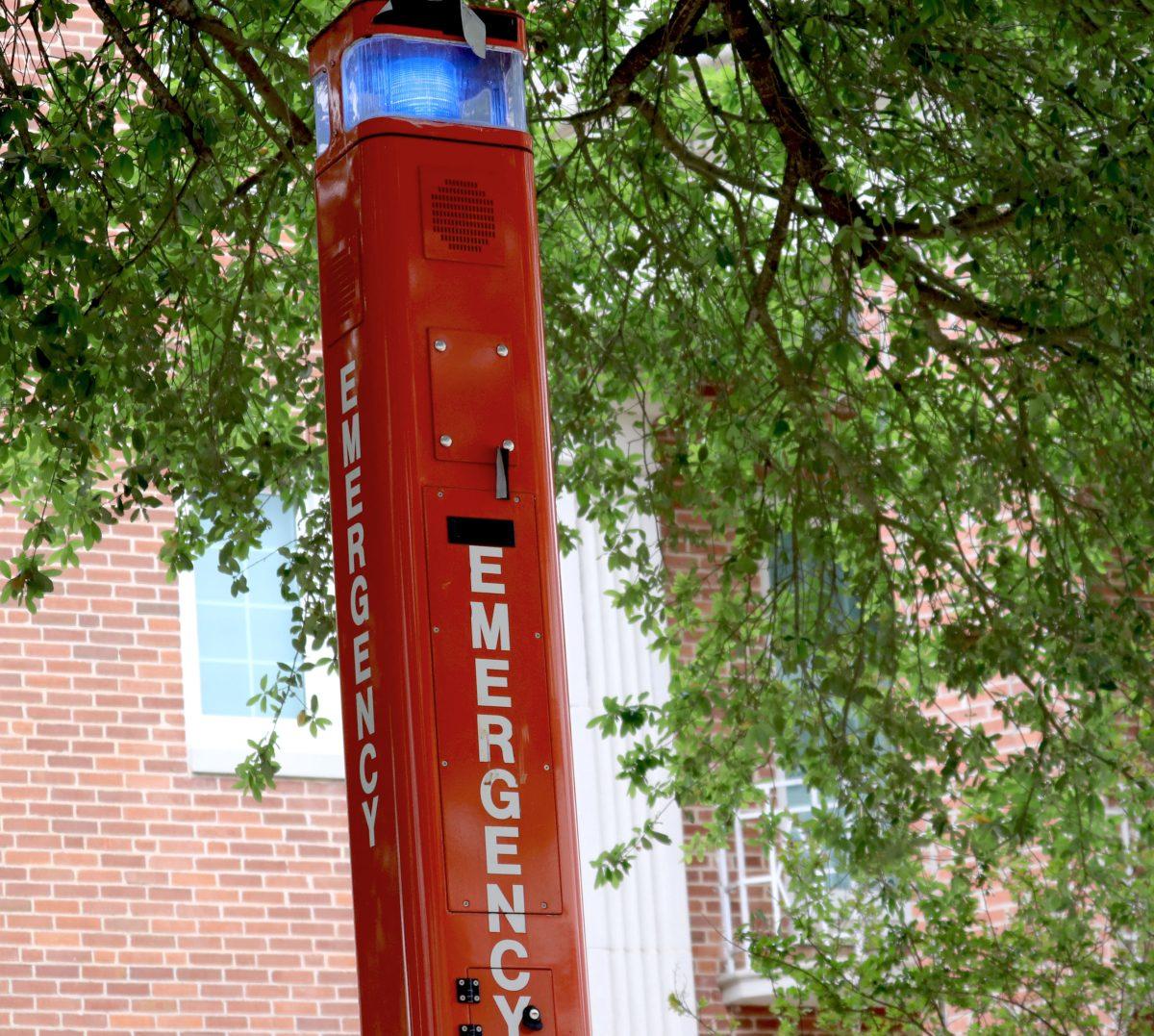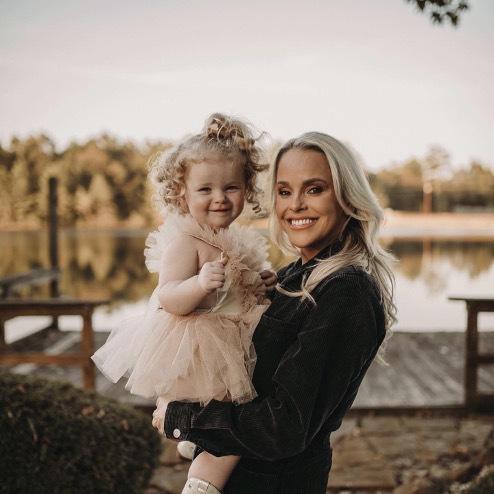Growing up, I was a part of a family that didn’t believe in allowances. Our allowances were having a roof over our head, food in our stomachs, a bed to sleep in, an education and a family that provided everything I needed.
To be fair, this mindset partially stems from the fact that my siblings and I were adopted by our grandparents, who both grew up towards the end of The Great Depression. That background really puts things into perspective. They couldn’t afford to waste anything for fear of going without in the future.
Whether or not children and teenagers ought to be given allowances is entirely up to debate (and circumstance). Each side has valid points. Those who support the idea believe it teaches responsibility in money management, and if done correctly, it could provide a valuable foundation for the future. I’ve heard methods such as starting off with small amounts and increasing monthly payments over time. Provided a family has the means to pay their children, and the dedication to teaching them how to earn and manage it, this could work out.
Of course, not all families can afford to pay their children allowances.
Many people against the idea believe it teaches entitlement and spoils the child. There is a saying that is relevant to this idea: “People want acknowledgment for things they should already be doing.” It’s a parent’s job to teach their children responsibility. Chores such as cleaning their room, helping around the house, doing their laundry, getting good grades, or even going the extra mile are things we are all responsible for once we’re old enough to do them. Never, even as an adult, have I been paid to complete any of these responsibilities. Rarely have I ever wished to be paid for them either.
Now, this is not to say my parents never rewarded me, but they taught me to never expect payment for doing the right thing. I would watch how both my parents handled their finances and learned the value of being frugal. They would sit down with me and explain to me what they were doing. They encouraged questions. Of course, every household is different. Like many, my parents couldn’t afford to give me an allowance, so they taught me the value of responsibility the way they were while growing up: through hard work and gratitude for everything I had.
As someone who was adopted, a different choice several years ago could have put me in very different circumstances. I knew this. The roof over my head, the food in my stomach, the very bed I slept in — they didn’t have to be mine. How could I expect my parents to pay me for things I should already be doing? They didn’t hire me; they worked hard day in and day out to make sure I had a good home. It was my responsibility to honor those choices by doing everything I could to give back. While it’s true my background affords me this conservative perspective, it’s a perspective anyone could benefit from.





